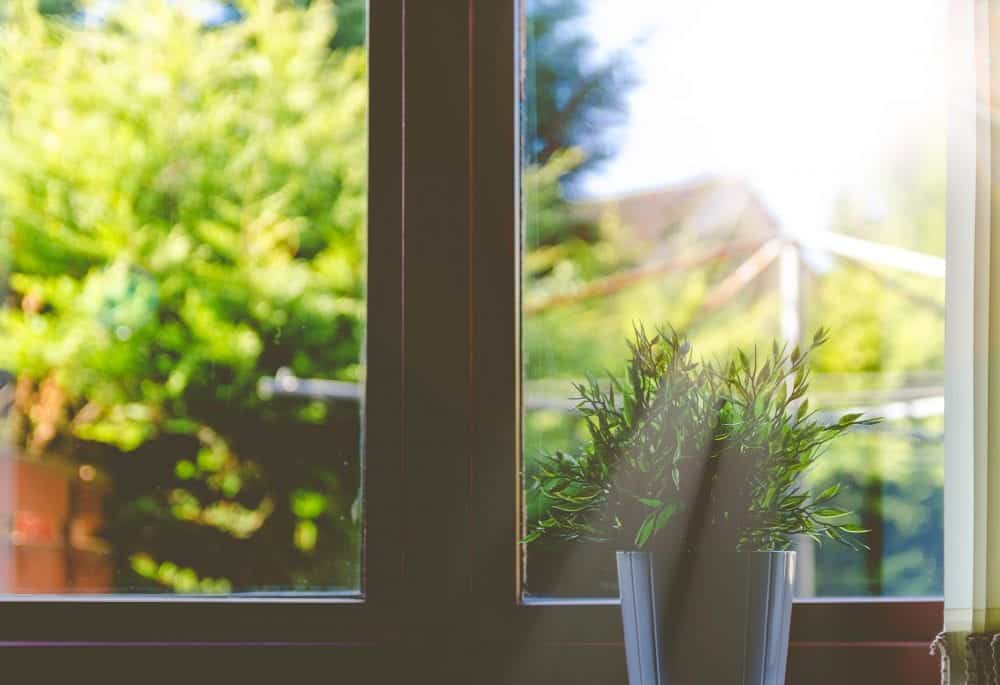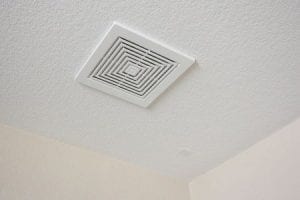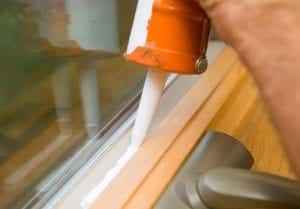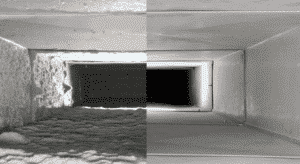As spring approaches, and allergies from pollen set in, you might be looking for some ways to keep your home a safe haven from irritants that can cause headaches, nausea, fatigue, asthma attacks, allergies, and other health problems. Pollutants like dust, pollen, or mold spores not only make you miserable, they can also shorten your HVAC system’s life and lower its efficiency by restricting airflow and creating blockages across various components. That said, here are some easy steps you can take at home to improve your indoor air quality to protect your health and your HVAC system:
Proper Ventilation
Make sure your home environment stays healthy by ensuring your home is properly ventilated and has good airflow. Ventilation refers to the exchange of indoor and outdoor air, and can be a major factor in sealing in harmful pollutants that can affect your health and even damage your home. These types of pollutants typically fall into two categories: gases and moisture.
Excess moisture in a home can cause all kinds of issues ranging from mold and mildew to water damage and wood rot. Proper ventilation can solve many of these issues if you pay attention to these home tips:
- Look for Air Leaks – Moisture issues often stem from warm, moist air coming into contact with cold surfaces, which in turn causes condensation. That’s why it’s important to seal all air-leakage paths between living spaces and other unconditioned parts of the house, such as attics, basements, and crawl spaces. Remember insulation alone cannot prevent moisture problems.
- Keep Water Out – Prevent water leaks in your home or attic by keeping your roof in good working order and checking the caulking and flashing around windows, doors, tubs and other places leaking may occur.
- Have a Moisture Escape Path – Your house has a lot of moisture in it. That means that all that water has to escape somehow, or else it will simply build up in the living space and cause problems down the road. Your A/C will help out some, but it is important to make sure your vents lead outside and not into an attic or living space, and that they are clear of debris or blockages. For some homeowners with persistent moisture issues, a dehumidifier can also be a great option!
Add an Air Purifier
Air purifiers filter dust, dirt, smoke, mold spores, pollen, and other pollutants from indoor air. These systems are particularly helpful for people with asthma, allergies, or weak immune systems, and they can even remove some bacteria and viruses from the air. They can also be a very effective option for pet owners when it comes to combating unpleasant odors from our four-legged friends. Air purifiers come in a variety of sizes and configurations ranging from ductwork additions to whole house units, so you’re sure to find an option that’s right for your needs.
Clean Air Ducts
Maintain your HVAC System
Your home’s HVAC system is the beating heart of your indoor air flow, which means that any air quality issues are going to show up in your unit. That’s why it’s important to keep your system maintained regularly; both to prevent any issues arising from use and to identify and prevent any air quality problems you may be experiencing.
One of the easiest and most important ways to do this at home is to change your air filters once a month. Dirty filters reduce airflow, which in turn stresses your system and creates excessive moisture along with other air quality issues that can cause you trouble over time.
For more information on how to keep your home’s air healthy or to have your HVAC system inspected, contact A/C Masters at (757)-898-2894.




